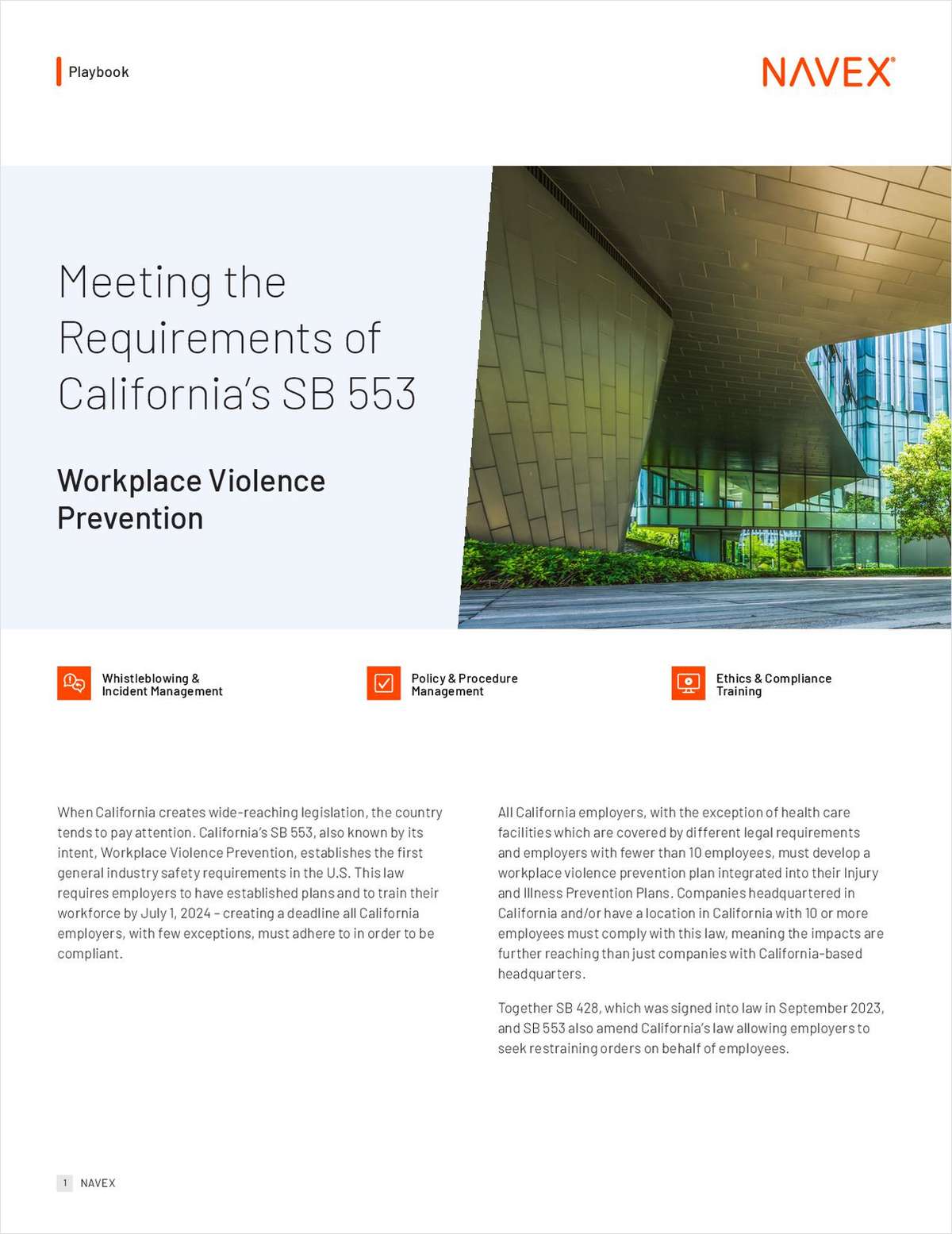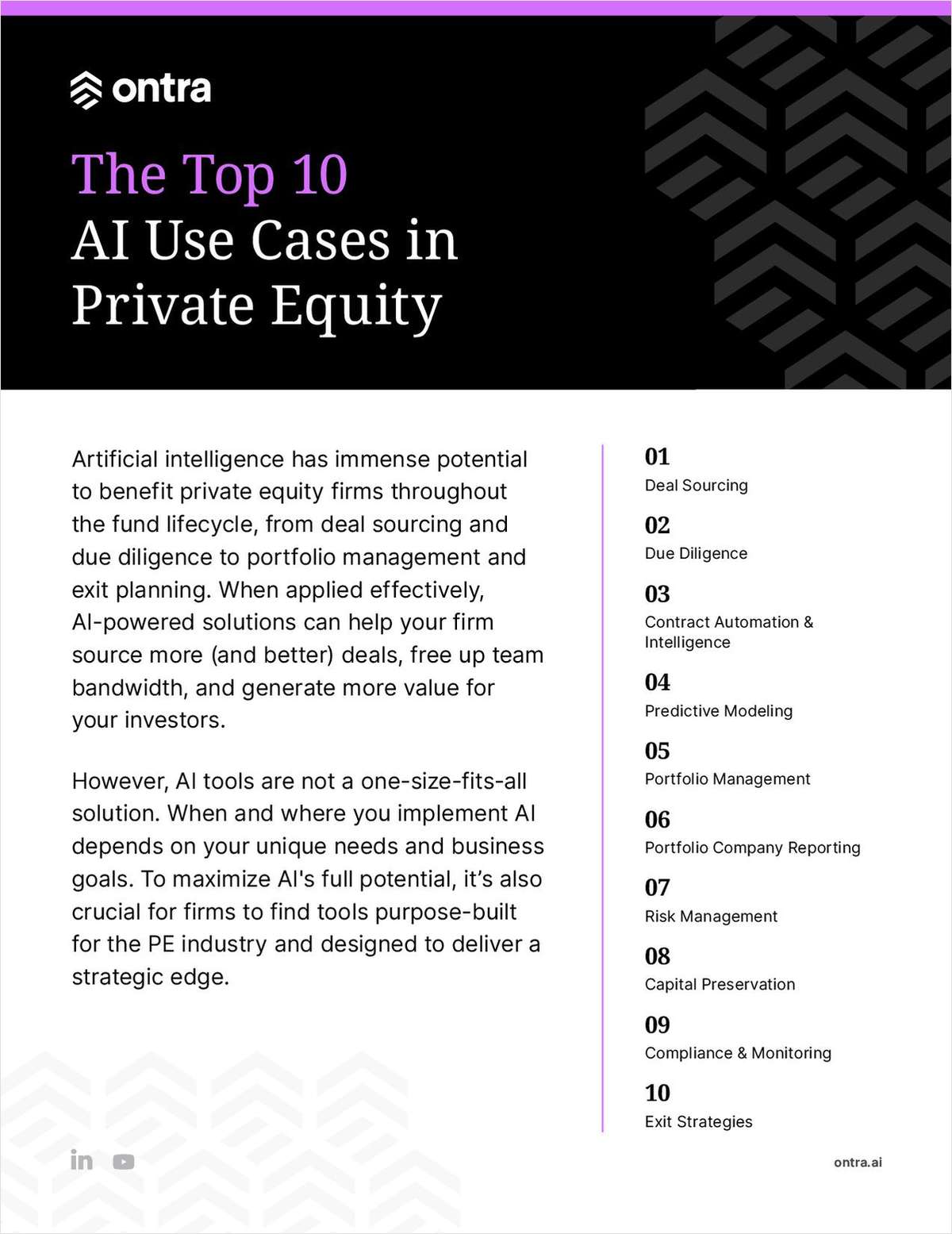New York Law Journal
The Perishable Agricultural Commodities Act
New York Law Journal
Do Stock Drops Over Securities Fraud Suits Now Count as Securities Fraud Damages?
New York Law Journal
Trade Secret Protection Depends on Notifying the Licensee More Than Once
New York Law Journal
New York Employers: The Governor Has a Few Ideas You Might Not Like…
New York Law Journal
The Supreme Court Takes on Two-Sided Markets
New York Law Journal
Failure to Answer Questions at an EUO, and Order Granted on Consent
New York Law Journal
New York Law Journal
Can Companies Lower Their Risk of Sexual Harassment Claims?
New York Law Journal
Preclusion in Derivative Litigation
New York Law Journal
White-Collar Criminal Enforcement in the Era of Trump

Refer a General Counsel
Invite a GC today and if they are approved and successfully join, we'll reward both of you with on month's free membership.
TRENDING STORIES

- Are Law Firms Keeping Pace With Their Clients Business?
- ALM Market Analysis Report Series: Boston's Legal Market is in Growth Mode and Big Law Knows It
- Stay vs Go: The Heightened Competition for Law Firm Office Space in Dallas
- Law.com Compass: Uncovering Lessons from Mid-Market Firm Segment Comparisons
Featured Firms
Law Offices of Gary Martin Hays & Associates, P.C.
(470) 294-1674
Law Offices of Mark E. Salomone
(857) 444-6468
Smith & Hassler
(713) 739-1250
More from ALM
- Morgan & Morgan Class Action Attorneys Detail Pathway to Success Within Cybersecurity and Data Privacy Practice 1 minute read
- Holwell Shuster & Goldberg Partners Leverage 'Hostile' Witnesses to Secure $101 Million Verdict Against Walmart 1 minute read
- Legal Speak at General Counsel Conference Midwest 2024: Mike Andolina, Partner, White & Case 1 minute read
Resources

Strong & Hanni Solves Storage Woes--Learn How You Can, Too
Brought to you by Filevine
Download Now

Meeting the Requirements of California's SB 553: Workplace Violence Prevention
Brought to you by NAVEX Global
Download Now

The Benefits of Outsourcing Beneficial Ownership Information Filing
Brought to you by Wolters Kluwer
Download Now

The Top 10 AI Use Cases in Private Equity
Brought to you by Ontra
Download Now













